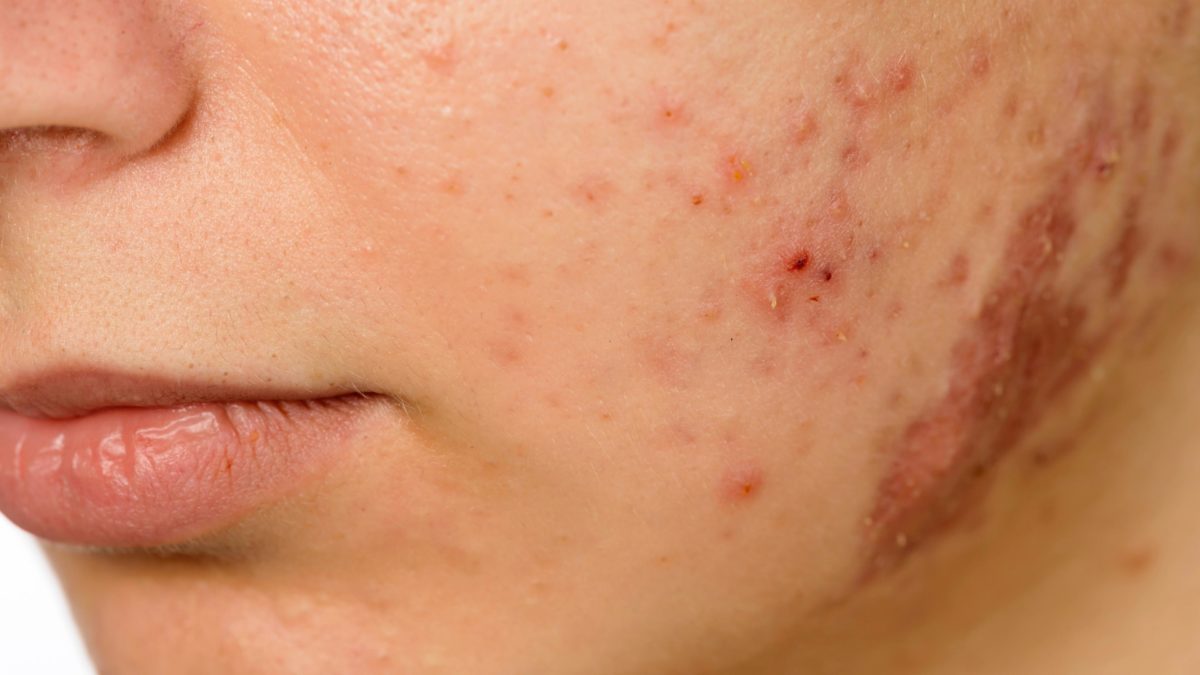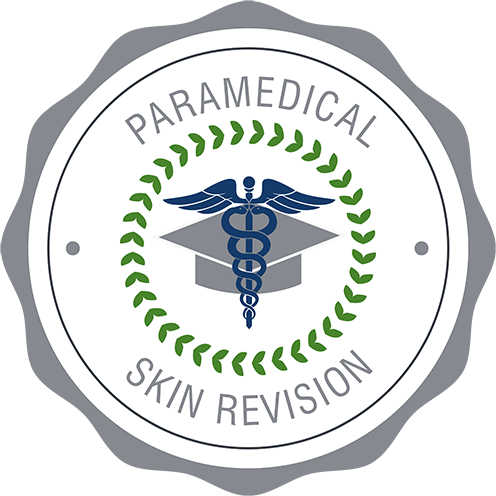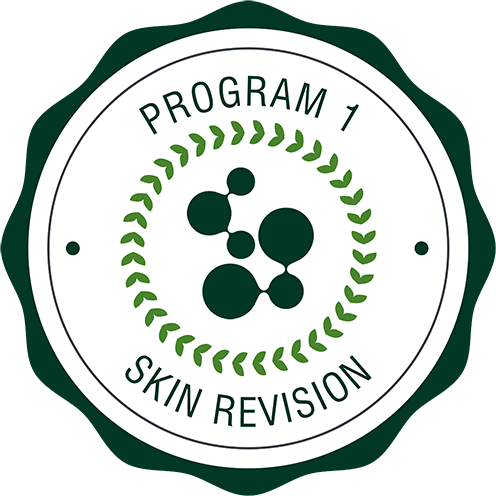Blog

Acne 101
Everyone believes they have acne – but do they actually? While breakouts are prevalent among many people, the majority of people who believe they have acne, don’t. If you follow us on Instagram, you’ve heard us talk about the importance of a balanced barrier and how that can affect one’s skin. And it’s true- all too often we have guests come in, describing debilitating acne, and an extremely harsh, over-the-counter regimen to match.
Acne is a skin condition that occurs when the pores of our skin become clogged from the overproduction of sebum and dead skin cells. Sebum is produced by sebaceous glands and helps keep our skin moist and soft. It is our skin’s natural oil. This oil forms one part of our acid mantle(our natural protective barrier)- shielding our bodies from bacteria, fungus, parasites, and environmental factors that mean to do us harm.
Acne is common among people who are experiencing puberty because the hormones responsible for sexual development cause an increase in the production of sebum by oil glands. While puberty is a common time to develop acne, it can occur anytime the body is experiencing a large hormonal shift. This is why it is not uncommon to experience acne late into our 20s and 30s. This could be due to underlying conditions like PCOS, hyper or hypothyroidism, diabetes, or other health concerns.
Additionally, people who are overweight may be more prone to developing acne since they have larger fat cells that produce more free fatty acids; these free fatty acids can irritate follicles (tiny channels) on the surface of the skin causing them to swell up with pus – another symptom associated with acne!
There are different types of acne, and they’re graded on a scale from one to four. The grades are determined by the severity of the blemishes, how long they last, and what kind of help you should enlist. Remember, an esthetician should always be your first line of defense when it comes to skin conditions like acne.
Grade 1: Comedones, papules- Can be Non Inflamed
Grade 2: Comedones, papules, some pustules
Grade 3: Predominant pustules, nodules, and abscesses
Grade 4: Cysts, nodules, abscesses, widespread scarring
Sunscreen is an absolute must for anyone with acne or anyone who gets a lot of sun. UV rays can irritate existing acne and make it worse. That being said, it isn’t uncommon to hear someone struggling with acne and breakouts to mention that they specifically refrain from wearing sunscreen because they believe it makes their acne worse. Despite knowing the importance of wearing and reapplying sunscreen, it just is not something those who suffer from acne find themselves using. We’ve heard many of these same people mention their skin does better after being in the sun, or under UV lights like the tanning bed.
But, take it from us- everyone needs to wear SPF every day and it needs to be reapplied. Yes, you guessed it- this even goes for those dealing with acne. Try thinking about it from an age management perspective! When we are talking about age management and the sun(or UV rays from a tanning bed), we are strong advocates for minimizing exposure because we know that UV rays damage collagen. So when we take that perspective and apply it to an acneic skin condition, it easily correlates- because when we suffer from acne, collagen production has to be at the forefront of our treatments and homecare to make sure we are minimizing any potential scarring.
Scarring can also appear worse if we aren’t taking this easy precaution because of hyperpigmentation. We know that UV rays cause trauma to the skin, and darken pigmentation- making scars appear deeper than they truly are.
Remember, no amount of Vitamin C can assist with collagen production and hyperpigmentation if you are refusing to pair it with necessary homecare like SPF. At SPA Melissa Allen, we are here to help you achieve revision and reach remission- so here are some things you can do right now to start:
- Use a non-comedogenic SPF- this is an SPF that does not clog pores
- Use at least an SPF 30
- Reapply throughout the day
- Wear a hat and minimize sun exposure
- Stay out of tanning beds
When selecting an SPF, remember to choose a broad-spectrum sunscreen that protects against both UVA and UVB rays every two hours while you’re out in the sun, even if you’re not sweating or swimming.
When you struggle with acne, the treatments you need to combat this skin condition can be harsh and drying. These treatments are necessary to achieve revision, but our goal isn’t to “dry out” acne. Instead, our goal is to reeducate and encourage the skin to regulate functions like oil production and cellular proliferation in a more regular way. During revision, and even after, replacing the sebum we are removing is a must. Our goal is never to remove oil, but to regulate it. If we remove, we must also rebuild. This is why Seba-E and Herb and Mineral Mist are key players in the home prescriptives we prescribe.
Sebum replacement is not a cure for acne; however, it can be used as part of an overall treatment plan in combination with other home prescriptives to manage the condition. We like to call it a foundational tool. You won’t achieve revision with it alone, but you certainly won’t achieve revision without it.
If you have breakouts, we encourage you to go online and book an appointment with SPA Melissa Allen. You don’t have to live with acne, or skin conditions like it! We are here to help you have the beautiful skin you really want.
10 Years Younger in 10 Days
Want to significantly and quickly revise signs of aging but do not want to commit to invasive surgery or procedures? SPA Melissa Allen’s 10 Years Younger in 10 Days is the...
Book NowDMK Enzyme Treatments
DMK Enzyme Treatments work to oxygenate, detoxify, and improve your skin's ability to function by removing dead skin cells and impurities trapped in the skin. The results are brighter, younger-look...
Book Now


